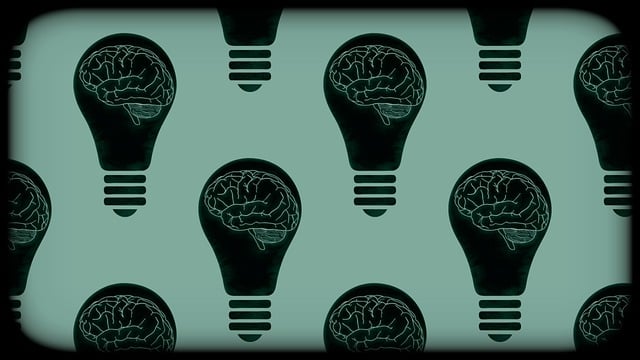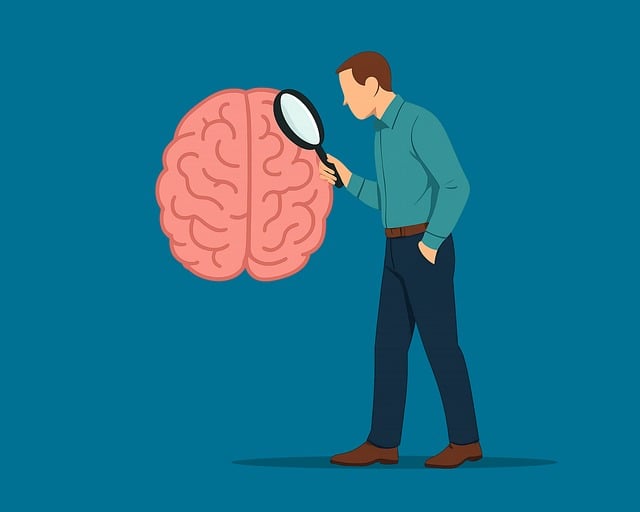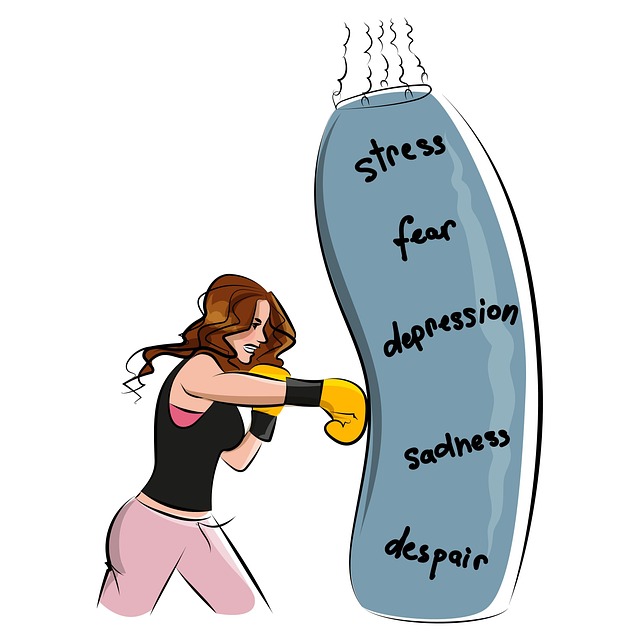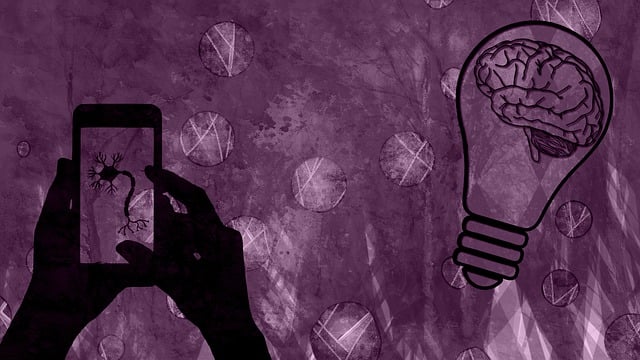Greenwood Village Therapy leads the way in revolutionizing mental health care with advanced training programs designed specifically for therapists and clinicians. Through comprehensive assessment strategies, evidence-based practices, cultural sensitivity, active listening, and holistic approaches, they achieve more precise diagnoses. Their innovative methods, including interactive workshops and ongoing training, enhance therapist skills, resulting in improved patient outcomes and tailored treatments. Greenwood Village Therapy's community engagement, like the Community Outreach Program, destigmatizes mental health issues, fostering early intervention and better therapeutic success.
Mental illness diagnosis accuracy is a critical aspect of healthcare that demands continuous improvement. Misdiagnosis or delayed detection can lead to severe consequences for patients. This article explores the multifaceted efforts aimed at enhancing diagnostic practices, focusing on innovative approaches like Greenwood Village Therapy, which offers novel assessment methods. We delve into the role of advanced tools and techniques, as well as the significance of training and education in empowering therapists and clinicians to make more precise mental health diagnoses.
- Understanding the Challenges of Mental Illness Diagnosis
- Greenwood Village Therapy: A Novel Approach for Accurate Assessment
- Enhancing Diagnostic Tools and Techniques for Clinicians
- Training and Education: Empowering Therapists for Better Diagnoses
Understanding the Challenges of Mental Illness Diagnosis

Diagnosing mental illness accurately is a complex task due to its multifaceted nature and often subtle symptoms. Many conditions, such as depression or anxiety disorders, can present with varied and sometimes overlapping signs, making differentiation challenging. The process is further complicated by the fact that individuals may underreport or misperceive their own experiences, leading to misdiagnosis or delayed treatment.
In Greenwood Village, therapists and clinicians play a pivotal role in navigating these challenges. They employ evidence-based practices, such as comprehensive assessments and personalized therapy plans, to ensure precise diagnoses. By integrating stress management techniques and trauma support services into their approaches, they address potential underlying factors that may influence symptom presentation. Moreover, building confidence through therapeutic interventions enables individuals to embrace their treatment journeys with greater clarity and commitment.
Greenwood Village Therapy: A Novel Approach for Accurate Assessment

Greenwood Village Therapy represents a novel and promising approach to enhancing mental illness diagnosis accuracy among therapists and clinicians. This innovative model prioritizes comprehensive assessment strategies, integrating diverse techniques beyond traditional methods. By fostering an environment that encourages open dialogue, it aims to uncover intricate aspects of patients’ psychological experiences.
This therapy type emphasizes the importance of active listening, cultural sensitivity, and a holistic view of mental health. Therapists are equipped with advanced tools for burnout prevention, conflict resolution techniques, and coping skills development, ensuring they remain adept at handling complex cases. This multifaceted training enhances their ability to make precise diagnoses, tailor treatments, and ultimately improve patient outcomes.
Enhancing Diagnostic Tools and Techniques for Clinicians

In an effort to improve mental illness diagnosis accuracy, therapists and clinicians in Greenwood Village Therapy are leveraging enhanced tools and techniques. This includes the integration of cutting-edge assessment methods, advanced training programs, and regular updates on best practices. By staying at the forefront of therapeutic innovation, our practitioners are better equipped to interpret complex behaviors and symptoms, leading to more precise diagnoses.
One notable initiative is the Community Outreach Program Implementation, which focuses on public awareness campaigns development. These campaigns aim to destigmatize mental health issues while promoting self-care practices within the community. Through educational workshops, support groups, and accessible resources, Greenwood Village Therapy fosters an environment where individuals feel empowered to seek help early and receive appropriate treatment, ultimately improving diagnostic outcomes for all.
Training and Education: Empowering Therapists for Better Diagnoses

Training and Education play a pivotal role in enhancing the accuracy of mental illness diagnoses. Greenwood Village Therapy, through its innovative programs for therapists-clinicians, is at the forefront of this initiative. These training sessions focus on refining diagnostic skills, ensuring therapists are equipped to recognize subtle symptoms often overlooked. By delving into complex cases and discussing diverse patient presentations, therapists gain a deeper understanding of various mental health conditions.
The curriculum includes interactive workshops on communication strategies that foster positive thinking, a crucial aspect of mental wellness assessment. These educational efforts aim to create a supportive environment where therapists can learn from each other’s experiences. As a result, they become more adept at making accurate diagnoses, ultimately improving patient outcomes and the overall effectiveness of therapy services in Greenwood Village Therapy clinics.
In light of the complex nature of mental illness diagnosis, it’s evident that a multi-faceted approach is necessary. By combining innovative practices like Greenwood Village Therapy, which offers novel assessment methods, with enhanced tools and clinician training, we can significantly improve diagnostic accuracy. These efforts not only empower therapists and clinicians but also ensure individuals receive timely and effective treatment. This integrated strategy is crucial in addressing the challenges of mental health diagnosis, ultimately fostering better patient outcomes.














